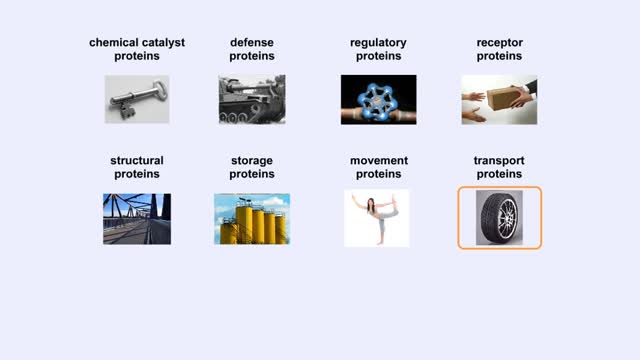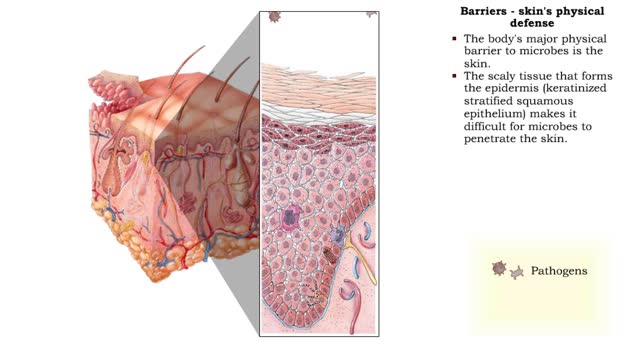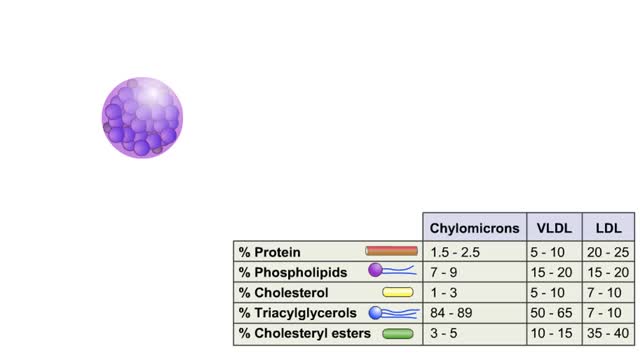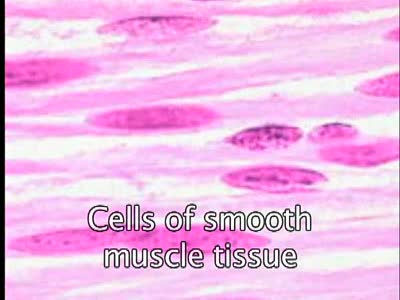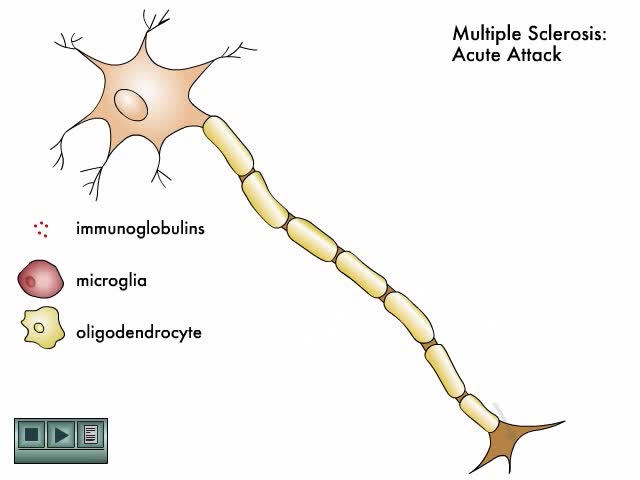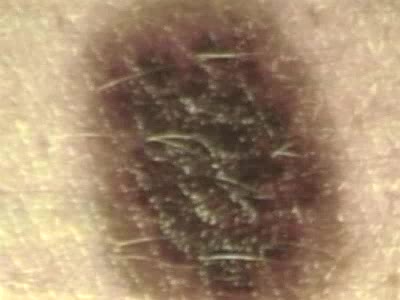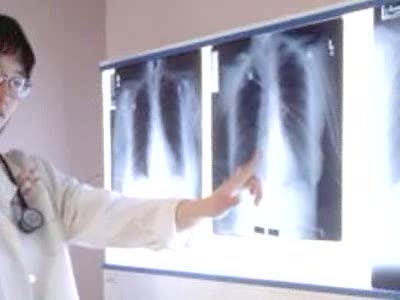Search Results
Results for: 'Disease'
How proteins function? How do proteins work?
By: HWC, Views: 10694
How proteins function is really about how proteins "do work" in cells. How do proteins work? Let's start thinking about protein function by looking at something important to you: your hair. Keratin is a structural protein that is composed of 2 intertwined or helical strands. Keratin is also f...
By: Administrator, Views: 15255
Parkinson's disease (PD) is a long-term degenerative disorder of the central nervous system that mainly affects the motor system. As the disease worsens, non-motor symptoms become increasingly common. The symptoms generally come on slowly over time. Early in the disease, the most obvious are shak...
By: Administrator, Views: 14045
Alzheimer's disease (AD), also referred to simply as Alzheimer's, is a chronic neurodegenerative disease that usually starts slowly and gradually worsens over time. It is the cause of 60–70% of cases of dementia. The most common early symptom is difficulty in remembering recent events. As the d...
Non-specific disease resistance mechanisms & Skin's defense barriers
By: HWC, Views: 11056
• Non-specific disease resistance acts quickly to fight a wide variety of invaders. • Mechanisms include: • Barriers • Antimicrobial substances • Cellular defenses • Inflammation • Fever Barriers - types • Physical and chemical bathers prevent invasion by micro...
By: HWC, Views: 10324
LDL comprises 60–70% of total blood lipoproteins and is responsible for carrying cholesterol particles throughout your body. Having a lot of cholesterol carried by LDL lipoproteins is associated with an increased risk of heart disease. In fact, the higher the level, the greater the risk. ...
By: Administrator, Views: 13983
Those with muscular dystrophy usually need to receive tube feedings and home nursing care. Children attend school when possible, and is able to use an adapted computer.
By: Administrator, Views: 14282
Multiple sclerosis (MS) is a demyelinating disease in which the insulating covers of nerve cells in the brain and spinal cord are damaged. This damage disrupts the ability of parts of the nervous system to communicate, resulting in a range of signs and symptoms, including physical, mental, and so...
By: Administrator, Views: 14107
Basal cell carcinomas (BCC) account for 80 percent of the skin cancers seen in the older adult. These cancers are generally slow growing but should be surgically removed as soon as possible.
By: Administrator, Views: 13833
Tuberculosis (TB) is an infectious disease usually caused by Mycobacterium tuberculosis (MTB) bacteria. Tuberculosis generally affects the lungs, but can also affect other parts of the body. Most infections do not have symptoms, in which case it is known as latent tuberculosis. https://www.ppd...
Advertisement



